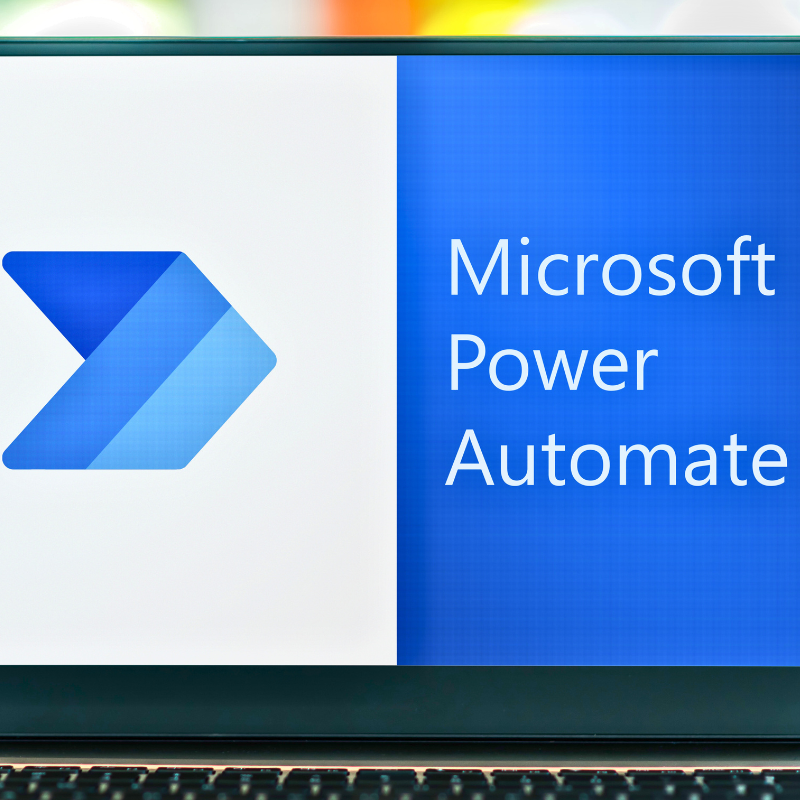In the ever-evolving landscape of business technology, Artificial Intelligence (AI) has emerged as a transformative force, bringing unprecedented efficiency and innovation to various industries. Enterprise Resource Planning (ERP) systems, which integrate core business processes, are no exception to this revolution. Let’s dive into the different types of AI in ERP systems that are making waves today.
Predictive Analytics
Predictive analytics in ERP utilizes statistical algorithms and machine learning techniques to analyze historical and current data, providing insights into future trends and outcomes. This helps organizations anticipate market changes, demand fluctuations and potential risks, allowing for proactive decision-making. This type of AI is probably the most in demand now, since CFOs depend on trends and forecasting to make informed decisions.
- Tools such as Power BI and Cosmos can help in this area, plus they have customizable dashboards for easy information consumption.
Machine Learning
Machine Learning (ML) algorithms enable ERP systems to learn from historical data, identify patterns and make predictions or decisions without explicit programming. This is particularly useful in forecasting demand, optimizing inventory levels, and enhancing decision-making processes within ERP.
- Oracle’s NetSuite has this feature embedded in its Financial Planning and Budgeting module, helping operations manage critical business areas such as Financial Forecasting by quickly analyzing large volumes of data.
Natural Language Processing
Natural Language Processing (NLP) allows ERP systems to understand, interpret and generate human-like language. This is applied in ERP for voice commands, chatbots and language-driven interfaces. Users can interact with the system using natural language, making ERP more accessible and user-friendly.
- Tools like Microsoft’s Copilot and NetSuite’s “Text Enhance” are examples of generative AI inside ERP. Both tools will assist users with reading/generating emails, invoices, and other business documents.
Computer Vision
Computer vision in ERP involves using AI to interpret and analyze visual information. This is applied in areas like quality control, where the system can visually inspect products for defects and supply chain management, tracking and managing through visual recognition.
- Law firms use this type of AI to analyze contracts, marketing departments to approve “proofs,” and manufacturers to scan products for quality purposes.
Robotic Process Automation (RPA)
RPA involves the use of software robots to automate repetitive, rule-based tasks. In ERP, RPA can streamline data entry, order processing and other routine activities, reducing human errors and freeing up valuable human resources for more strategic tasks.
- This type of AI is used in accounting functions such as AR/AP automation, enabling seamless and efficient matching of document data which then triggers a subsequent step.
Blockchain Technology
While not a traditional AI, blockchain is worth mentioning for its synergy with AI in ERP. Blockchain enhances data security and transparency, ensuring AI algorithms work with trustworthy and unaltered data. This is particularly crucial in finance, supply chain and sensitive information handling within ERP.
- Applying blockchain in the supply chain provides real-time updates on tracking materials as they move through the various procurement, processing and delivery stages.
Chatbots and Virtual Assistants
AI-driven chatbots and virtual assistants enhance user experience by providing real-time assistance and automating routine queries. Integrated into ERP systems, these tools facilitate quick access to information, perform simple tasks and guide users through various processes.
- We are all familiar with these AI tools that fill in for humans where queries are simple and often expected, such as FAQs.
Takeaways
Integrating AI into ERP systems is a game-changer for businesses seeking efficiency, agility, and innovation. As technology advances, the synergy of AI in ERP will undoubtedly lead to more intelligent, adaptive and user-centric enterprise solutions. Organizations that embrace these advancements are poised to stay ahead in the competitive landscape, leveraging the power of AI to navigate the complexities of modern business operations.
Author: Christina Barea | [email protected]
Contact Us
Withum’s CRM and ERP Consulting Services Team is well-versed in the various types of AI applications within ERP deployments. If you’d like to speak with an expert, contact us.





